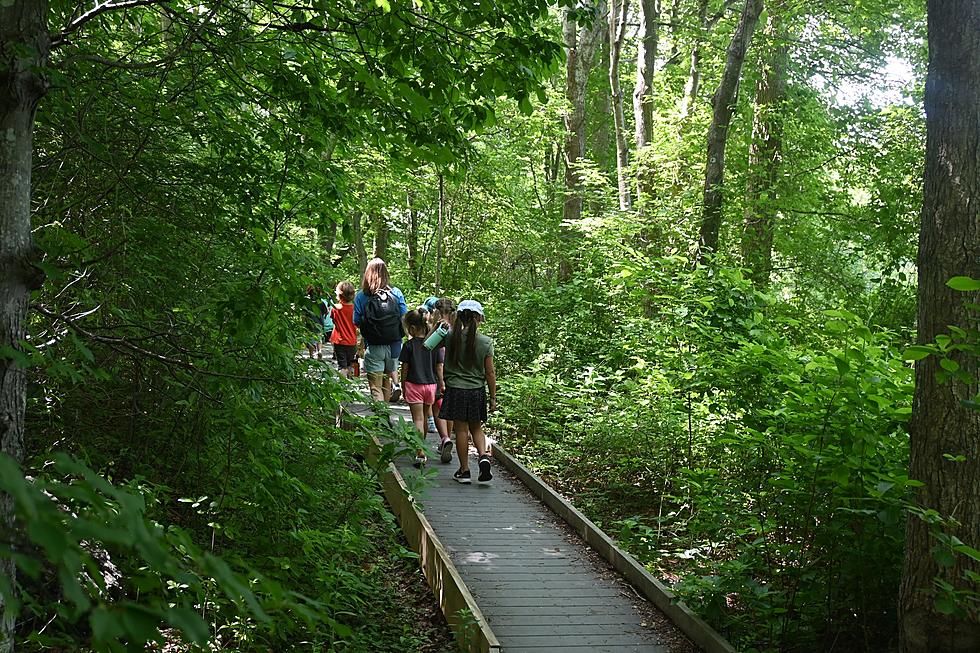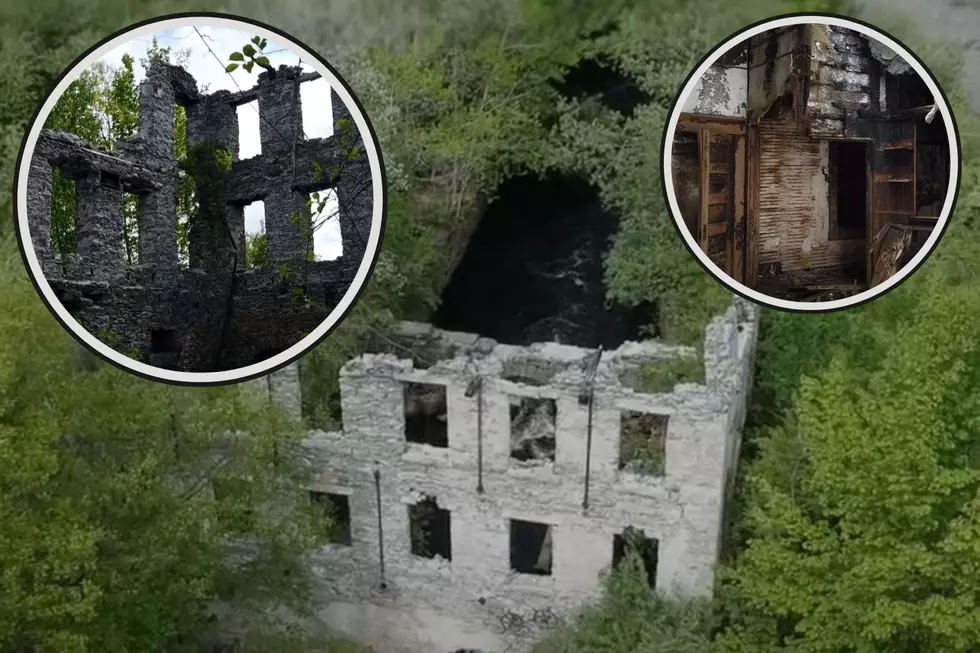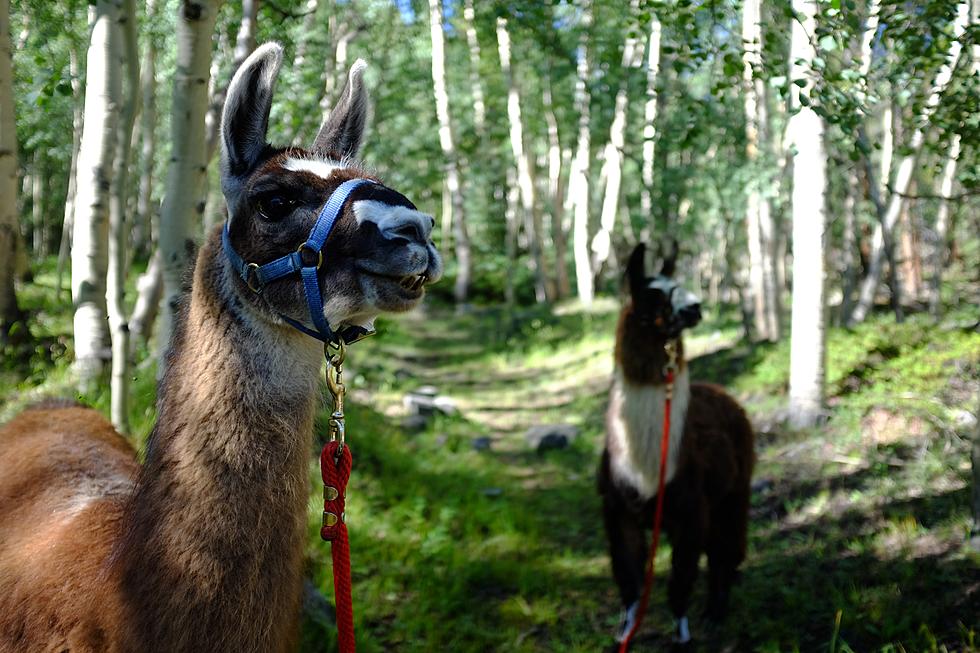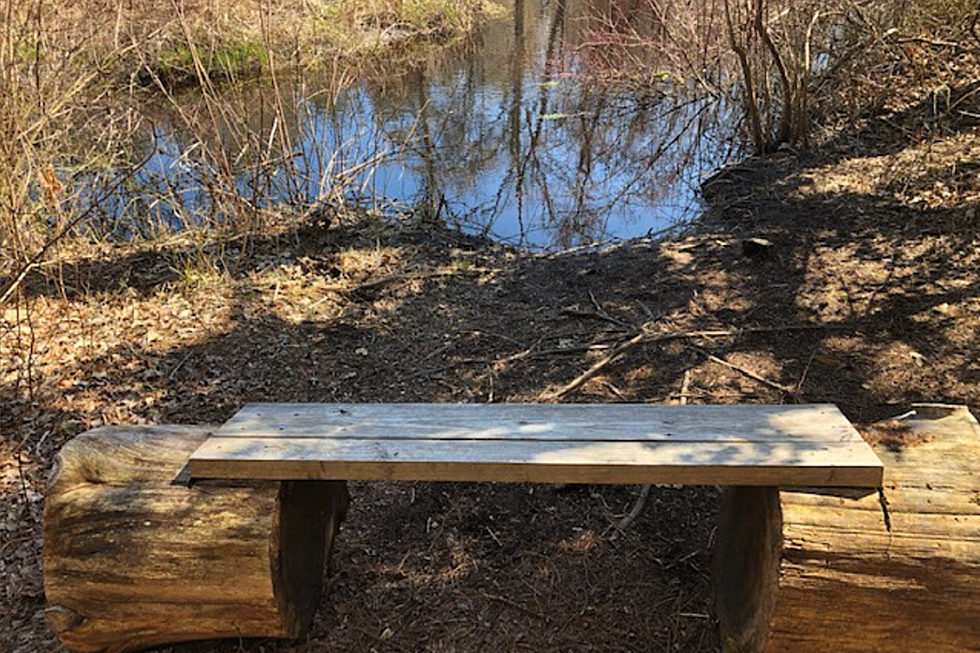
Massachusetts Hikers Should Avoid These ‘Dangerous’ Plants
Hiking is quite popular these days. Why not? Massachusetts has hundreds of miles of hiking trails managed at all levels of government for hikers of varying levels of ability.
There are 16 National Park Service sites in Massachusetts, many of which have hiking trails. The Department of Conservation and Recreation manages over 150 state parks across the Commonwealth. Many of the Bay State's 351 cities and towns provide access to parks and trails.
While some hiking areas closer to urban centers might attract a lot of foot traffic at any given time, others are in more remote, mountainous or forested areas where hikers could encounter wildlife such as deer, coyotes, snakes or black bears. Most animals won't bother you unless you startle them or pose a perceived threat to their young.
But animals are not the only potential danger facing hikers in the wilds of Massachusetts. Plants may present hazards as well.
AZ Animals says:
Many of us would be surprised to learn that there are a number of dangerous plants in Massachusetts. While some of these plants can cause some incredibly nasty reactions, the majority are more likely to result in minor skin irritation and mild rashes.
Plants to avoid while playing in the wild in Massachusetts include poison ivy, poison sumac, giant hogweed, water hemlock, jimsonweed, pokeweed, deadly nightshade, foxglove, black locust and skunk cabbage.
AZ Animals has pictures of these 10 "dangerous" plants on its website and a summary of what they could do to you should you encounter them.
Remember, an educated and aware hiker is a safe hiker.
These Common Plants Are Illegal in Massachusetts
Gallery Credit: Kate Robinson
Plants That Deter Mosquitoes and Other Bugs
Wild Micro-Scenes from Mattapoisett's Famed Barbie Garden
Gallery Credit: TSM/ Kristen Pacheco
More From WFHN-FM/FUN 107









